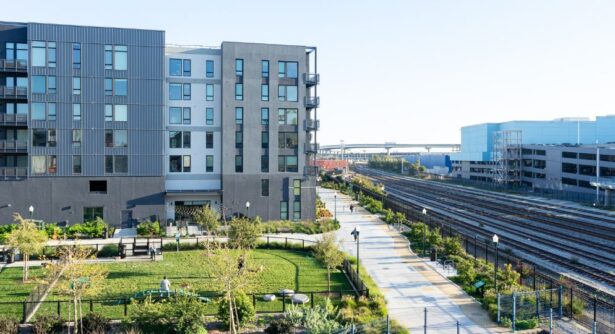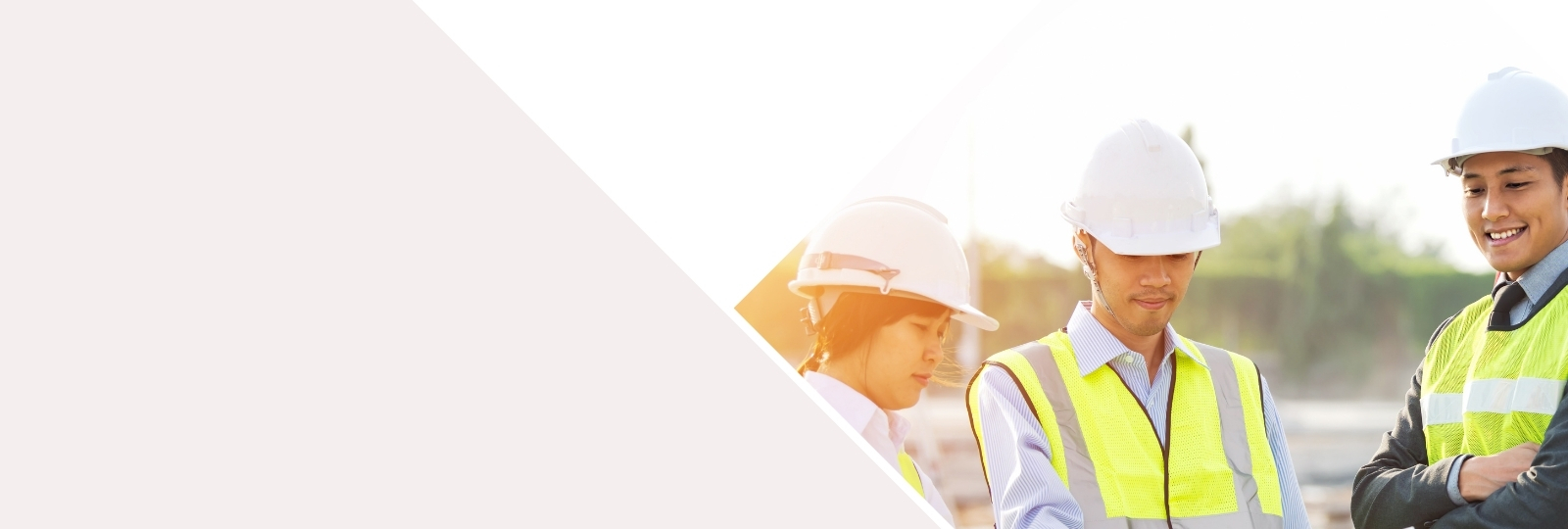
The 31st annual Alaska Tribal Conference on Environmental Management (ATCEM) is back from March 25-28, 2025 at The Sheraton in Anchorage, AK! ATCEM has been a vital networking space for Tribal environmental professionals from across the state to learn from one another, connect with support organizations and agencies, and discover resources to help assist in efforts to improve local environmental health.
CCLR will be exhibiting and presenting at ATCEM from March 25-28th. Be sure to connect with Joy Britt, Devyn Rainwater, and Sebastian Harrison at their booth and attend their 2-hour workshop: From Game Plan to Game Day: Crafting MVP Outreach Strategies & Tackling Real-Life Engagement Challenges as well as their panels: From Nature to Nurture: Ecosystem Strategies for Effective Site Clean-Up, Request for Proposals: Navigating the RFP Process, and Should it Stay or Should it Go: In-situ vs. Ex-situ Solutions.
From Game Plan to Game Day: Crafting MVP Outreach Strategies & Tackling Real-Life Engagement Challenges | Wednesday, March 26: 9:45 a.m. – 12:15 p.m.
A strong community outreach approach promotes equity, celebrates neighborhood identities, and ensures long-lasting environmental benefits. This interactive workshop equips land practitioners of all skill levels with the tools to build meaningful community connections in brownfield redevelopment.
Part 1: Attendees will walk away with a community outreach plan to address the unique needs of their project and community. Participants will contemplate barriers to collaboration and develop strategies to reach community members.
Part 2: Speakers will bring common engagement challenges to life in a dynamic workshop using role play. Respond and problem-solve as a group, then explore real-world solutions through case studies.This hands-on workshop will build confidence in meeting facilitation and equip you with tools to overcome obstacles and turn community input into sustainable redevelopment success.
Should it Stay or Should it Go? In-situ vs. Ex-situ Solutions | Thursday, March 27: 9:45 – 10:45 a.m.
How do we evaluate In-situ vs. Ex-situ on our sites?; Plants and Microbes vs. Dig and Haul; when we are dealing with known contamination, Should it Stay or Should it Go?
With numerous approaches and examples of pilot studies, innovative technologies and work done to execute alternatives to excavation, this session will help you overcome the practical challenges of sustainable remediation. With an overview on conducting pilot tests and examples of innovative technologies such as mycoremediation and endophyte-assisted remediation, this session will help project managers and site owners take the next steps in bringing innovative sustainable solutions to cleanup contaminated sites and answer the question, can in-situ technologies be used to avoid costly excavation and disposal.
Request for Proposals: Navigating the RFP Process | Friday, March 28: 9:45 – 10:45 a.m.
In this session, participants will gain a comprehensive understanding of the Request for Proposals (RFP) process, from crafting a clear and compelling RFP to successfully navigating responses and project selection. Through practical guidance and real-world examples, we will break down the key components of RFP creation, best practices for ensuring compliance, and strategies to attract competitive bids.
The session will also highlight inspiring success stories from tribal communities, showcasing their innovative approaches to leveraging the RFP process for impactful Brownfields projects. Attendees will leave with actionable insights and a deeper appreciation for how the RFP process can drive environmental and economic revitalization in their own communities.
From Nature to Nurture: Ecosystem Strategies for Effective Site Clean-Up | Friday, March 28: 1:30 – 2:30 p.m.
This session will delve into powerful tools which harness fungi, bacteria, and plants to break down pollutants and restore ecological health. Our experts will also discuss the critical intersection of environmental justice and NBS —ensuring impacted communities have a voice in clean-up efforts and benefit from revitalized landscapes. Additionally, we will examine the growing field of workforce development in ecosystem-based clean-up, focusing on how training and educational opportunities can build local expertise and promote green jobs.
Whether you’re an environmental professional, community advocate, or policy-maker, this webinar will provide valuable insights into transforming degraded sites into vibrant, healthy ecosystems with benefits that extend beyond clean soil and water to social and economic resilience.







